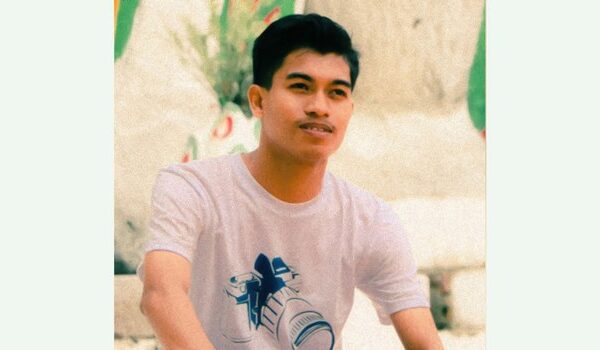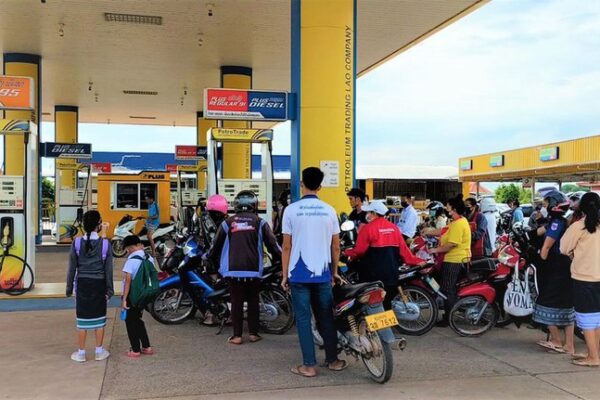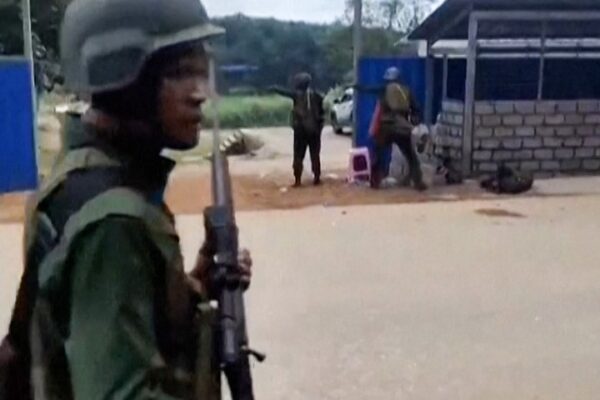
Myanmar junta shutters independent news outlet in Rakhine state
Myanmar junta troops raided and shuttered an independent news outlet in Rakhine state on Sunday, arresting one reporter and a guard, while the rest of the staff went into hiding, relatives of the employees said. Soldiers arrested Htet Aung, the Sittwe-based reporter for Development Media Group, or DMG, and night watchman Soe Win Aung, and no one has had any contact with them yet, they said. DMG was established in 2012 along the Thailand-Myanmar border, but later moved its operations to Rakhine’s capital Sittwe. The news outlet covers armed conflict and human rights violations in the western state that borders Bangladesh. When some family members went to the Sittwe police station where the two were detained, police did not allow them to meet, said Ma Aye Yi, mother of Htet Aung. “When I went there to take lunch [to my son], they told me that [he] had been taken to the military security affairs office for interrogation,” she said. Silencing news outlets The ruling military junta, which seized power in a February 2021 coup, has cracked down on independent media outlets in Myanmar to silence them from reporting about the coup, its violent aftermath, and armed conflict. In 2021, the junta shut down five media outlets that provided independent coverage of the protests against military rule. This year, the regime threatened legal action against Democratic Voice of Burma TV and Mizzima TV, demanding the shuttered independent news broadcasters pay thousands of dollars in transmission fees, VOA reported in July. Soldiers arrested Htet Aung while he was taking news photos at the Wingabar open field in Rakhine’s capital city. Sometime later, about 20 junta troops with police raided DMG’s office and arrested the night watchman. Development Media Group reporter Htet Aung was arrested by Myanmar junta forces in Sittwe, capital of western Myanmar’s Rakhine state, Oct. 29, 2023. Credit: Htet Aung/Facebook The soldiers and police also confiscated cameras, computers and office accessories before sealing the building, DMG news agency officials said. It was a violent suppression of the independent news media, one news agency official said. “We condemn the arresting of journalists and office staff and raiding of the office,” the person said. “It is an act of terrorism. No matter how they suppress us, we will report the truth from the ground as much as we can.” Not the first time Meanwhile, the families of the other workers who fled to safety said they don’t know about their whereabouts. RFA’s calls to the state attorney general, who is the junta’s spokesman for Rakhine state, went unanswered. The State Administration Council, as the junta regime is known, has not yet issued a statement about the raid. This isn’t the first time the military has targeted DMG. In 2019, the military and the military-controlled Home Affairs Ministry under the previous civilian-led government filed a criminal case against DMG editor-in-chief Aung Min Oo for allegedly violating Section 17(2) of the country’s Unlawful Associations Act. The military filed defamation lawsuits under Section 66(d) of the Telecommunications Law against other DMG reporters in 2021. Translated by Htin Aung Kyaw for RFA Burmese. Edited by Roseanne Gerin and Malcolm Foster.





